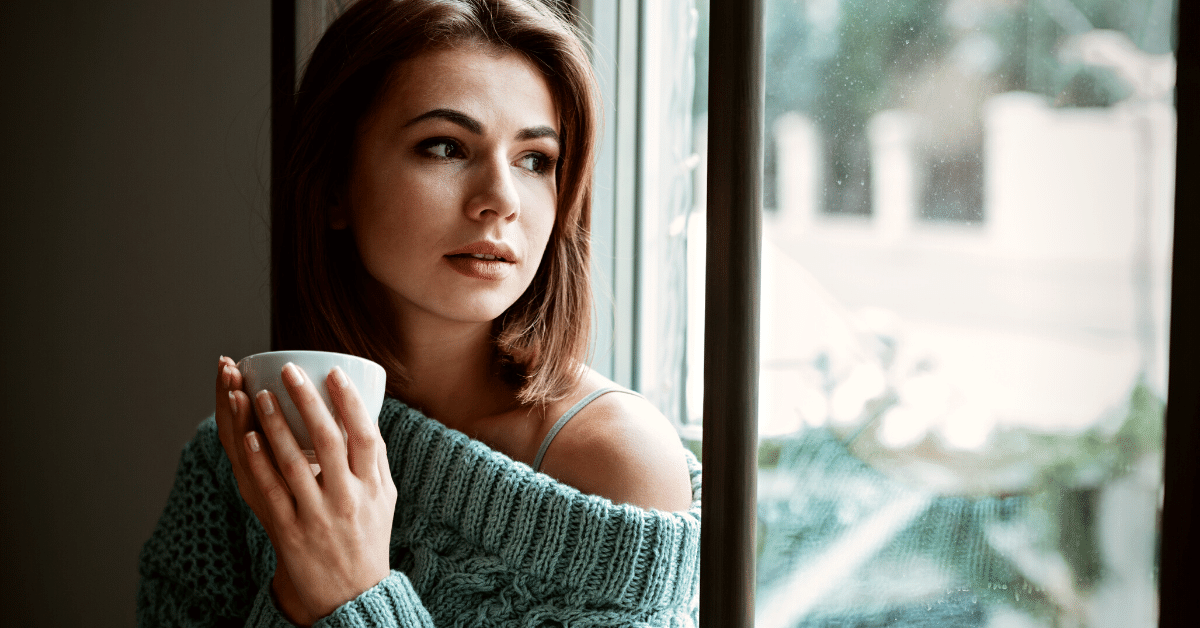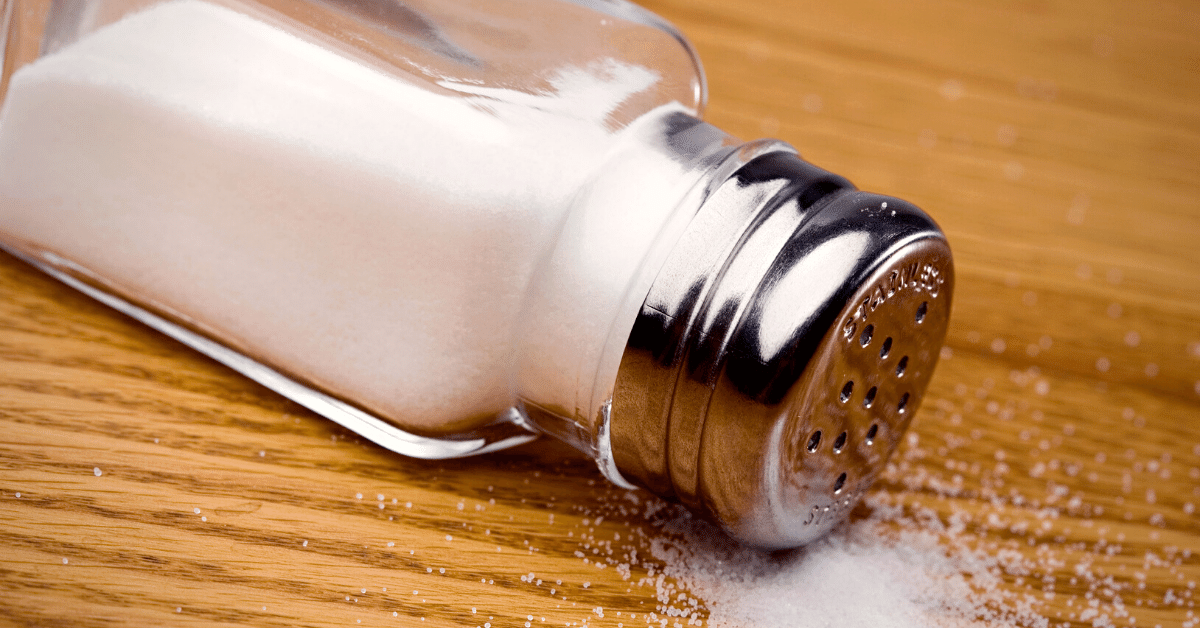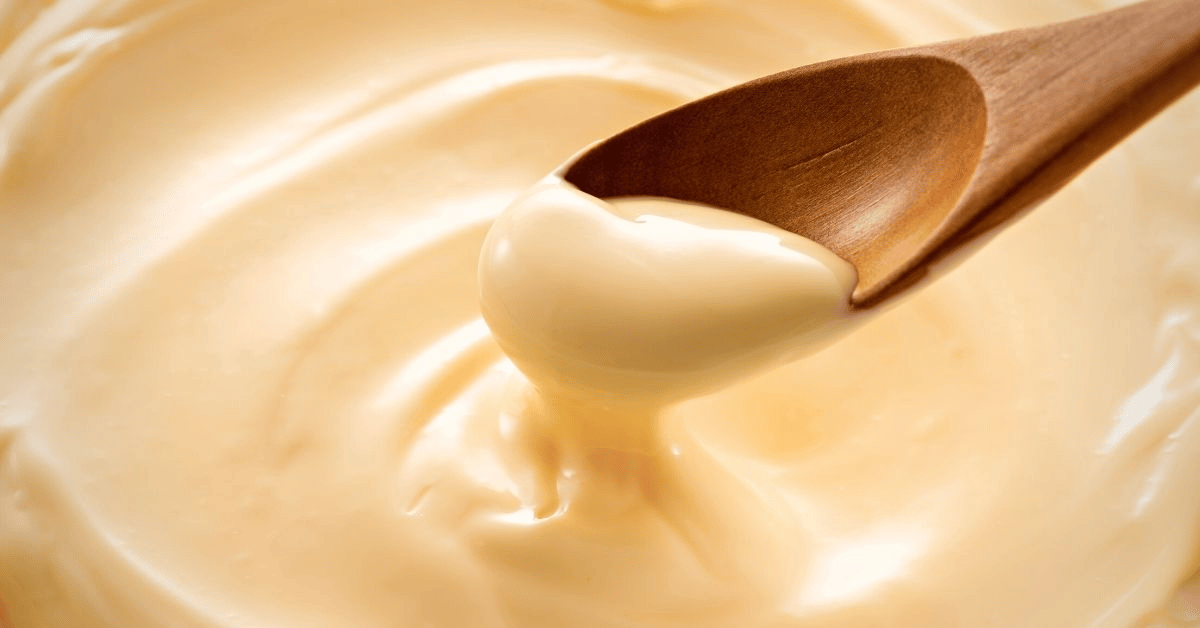How to get rid of dizziness after drinking coffee? Find out why coffee can make you lightheaded and how to prevent it from happening.
Looking forward to the energy kick off your first cup of joe, but the only thing you got is lightheadedness.
Why does that happen?
And how to get rid of dizziness after drinking coffee?
Today, we’re covering everything you need to know on the subject. From scientific explanation to how you can stop that from happening.
Let’s dive in.
Why is Coffee Making You Dizzy?
The main reason why you might experience vertigo after drinking coffee is – caffeine.
Caffeine is one of the main compounds of regular coffee. And interestingly enough, it has a very strong effect on the coffee drinker, even though its amount is pretty low.
I’m talking about 2.5 to 5% low!
But anyone that ever had a caffeinated cup of coffee knows that the effects can be quite powerful. Among them, dizziness is pretty common.
Why?
Well, let’s get scientific first.
How Coffee Influences the Nervous System
Caffeine is a natural stimulant, meaning it increases your nervous system activity.
When consumed, it binds to the neuroreceptors that normally attach to adenosine. Adenosine is a nervous system depressant, responsible for making you feel tired throughout the day.
You see, we wake up with a low amount of adenosine in our bodies. But as hours go by, adenosine builds up in our brains, causing us to feel drowsy.
By the end of the day, we feel exhausted from our activities, and we’re ready to sleep – all thanks to adenosine.

Well, when caffeine takes its place and binds to the neuroreceptors, our bodies don’t get the signal that we’re tired.
That’s why we tend to feel alert and energized after drinking coffee, even though we might have woken up many hours ago.
IN A NUTSHELL
You should be aware that not everyone reacts the same way to caffeine. For some people, the effect can be much stronger.
Caffeine Sensitivity
I’m sure every coffee lover knows how it feels to drink too much coffee. We’ve all been there, only to realize the bad effects are outnumbering the good ones.
For that reason, most of us won’t try drinking 8 espresso shots at once ever again.
But there are people who experience such symptoms even after a single espresso!
How is that possible, you might ask?
The reason lies in caffeine sensitivity.
Aside from jitters, these people can also feel a pounding heartbeat, headache, and nausea from drinking a small amount of coffee.
There are many reasons for caffeine sensitivity, including characteristics like:
- Age
- Weight
- Gender
So, for instance: a woman’s body metabolizes caffeine faster than a man’s. And the longer caffeine stays in the system, the more likely it is to cause sensitivity.
The same goes for age. The older we get, the slower our bodies metabolize different compounds, including caffeine.
Finally, our weight is in direct relation to our caffeine tolerance.
There are other reasons for this sensitivity, including our brain chemistry and liver metabolism. Basically, there are genes and enzymes in our bodies that also cause caffeine sensitivity.
Finally, certain medications and supplements might interfere with this compound, also causing sensitivity. These include birth control, theophylline, ephedrine, and guarana.
DID YOU KNOW?
About 10% of the population is actually hyposensitive to caffeine. That means they can drink more coffee than a regular adult and still not experience these bad symptoms.
Caffeine Allergy
Caffeine consumption can cause a bunch of negative symptoms we all know well. But for some people, the body’s reaction to caffeine can be quite uncomfortable.
Yes, people can be allergic to caffeine, and the symptoms are:
- Throat or tongue swelling
- Itchy mouth and lips
- Hives
In some cases, the reaction can be even more severe, with symptoms ranging from coughing to facial swelling and even anaphylaxis. However, that’s pretty rare.
Like any other allergy, this one is caused by a body mistakenly recognizing caffeine as an intruder. But why that happens is still unknown.
9 Ways to Get Rid of Dizziness After Drinking Coffee
Luckily, dizziness isn’t a symptom of caffeine sensitivity or allergy. Therefore, you can get rid of it in several ways.
Drink Less Coffee
If you start feeling dizzy or start having heart palpitations after drinking caffeinated coffee, maybe it’s time to slow down on sipping it.
You see, there is such a thing as too much caffeine.
According to the USDA, 400 milligrams of caffeine should be the daily limit for healthy adults.
That roughly translates into 4 cups of black coffee or 6 shots of espresso. And let’s be real, most of us drink way less coffee in a day. Not because we don’t like it, but because the symptoms are just too annoying to deal with.
IN A NUTSHELL
Dizziness will often appear once you approach your daily caffeine limit. And the best way to avoid it is to simply drink less coffee on a daily basis.
Drink More Water
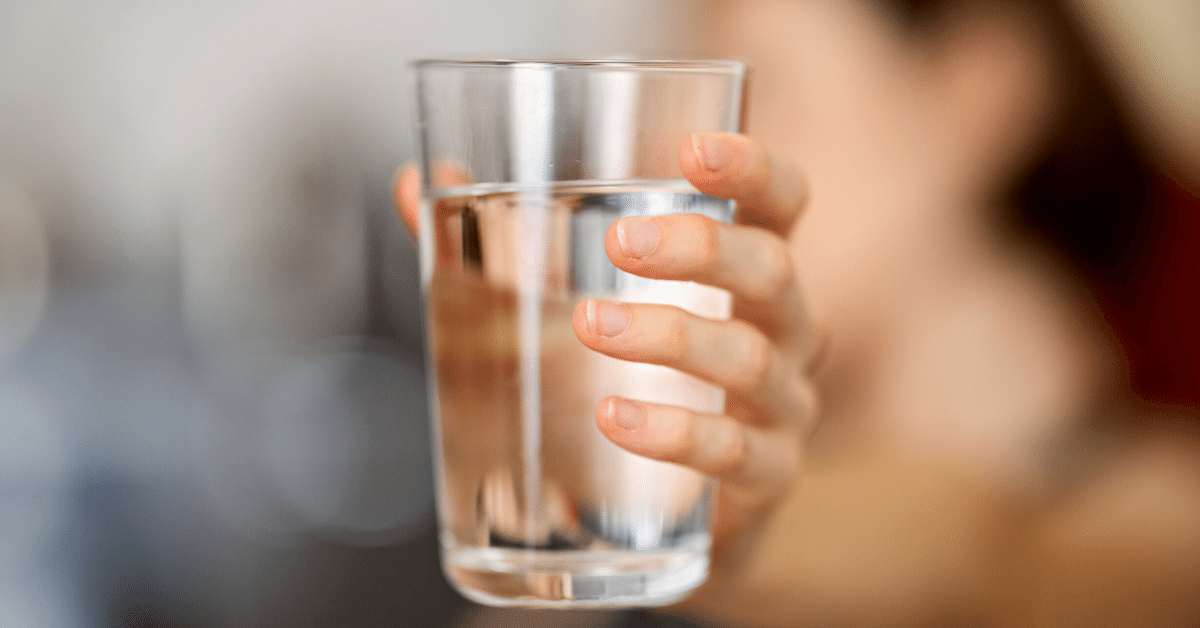
One way to send caffeine out of your system is to, well, do the “number 1.”
Obviously, the more water you drink, the more you’ll have to go to the bathroom. So when you start feeling lightheaded, take a glass of water.
Now, you might have heard that coffee is a diuretic. And that is true in case you drink a gallon of it. Otherwise, it won’t have that effect.
However, if you drink soda or alcohol in addition to coffee, then you probably will achieve that effect. But in the case of already feeling dizzy, you don’t actually want to be dehydrated as well.
IN A NUTSHELL
You should only drink water with your coffee to stay hydrated. Sugary drinks, such as soda or alcohol, can be dehydrating.
Eat Before Drinking Coffee
If you drink coffee on an empty stomach, there’s nothing in it to protect it.
Why does it need protection, though?
Well, acids.
Caffeine causes acids to build up inside your stomach. Without anything to “ease the fall,” it can hurt your stomach lining and cause irritation. And this is often followed by the feeling of dizziness.
IN A NUTSHELL
Before you have your first cup of coffee for the day, make sure to eat something. It doesn’t have to be a hearty meal, but a quick breakfast will do.
Change the Type of Coffee
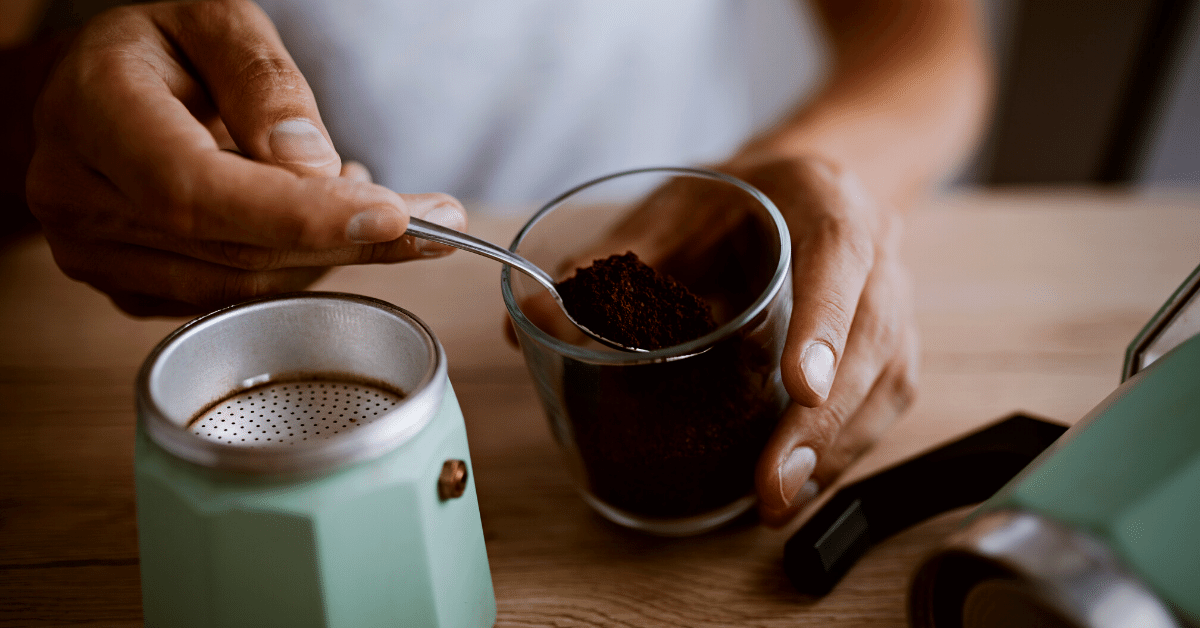
As you probably know, the two most common types of coffee beans are Arabica and Robusta.
Between the two, Arabica is known for having a much smoother taste, so it’s more often used in blends. But to make the coffee stronger, a percentage of Robusta is also often added.
Why?
Because Robusta has more caffeine. Speaking in numbers, Robusta has 2.5% of caffeine content, while Arabica has up to 1.7%.
So if you want to cut back on caffeine, go with pure Arabica.
What about the roast, you might ask?
Well, you might have heard that the darker the roast, the lower the caffeine content. But that’s just a myth.
You see, beans shrink during the roasting process. And if you measure by volume, then there will be less caffeine in dark roast compared to light roast. Otherwise, the difference will be negligible.
IN A NUTSHELL
Cut back on caffeine by switching to pure Arabica beans. As for the roast, there’s no real difference between light and dark roast in terms of caffeine content.
Increase Vitamin D Intake
Did you know that caffeine inhibits vitamin D absorption?
The symptoms of vitamin D deficiency include low energy, fatigue, and dizziness. So it’s easy to draw a parallel between these 2 facts.
Luckily, that also means you can easily fix that.
The best way is to get out in the sun and soak up the sun’s rays. But of course, the weather doesn’t always allow it.
Other ways to increase your vitamin D levels are to eat seafood, mushrooms, egg yolks, and tofu. Of course, you can also take supplements.
IN A NUTSHELL
Caffeine causes vitamin D deficiency, which in turn causes dizziness. You can negate that by adding this vitamin through other sources, like food or sun exposure.
Exercise Regularly
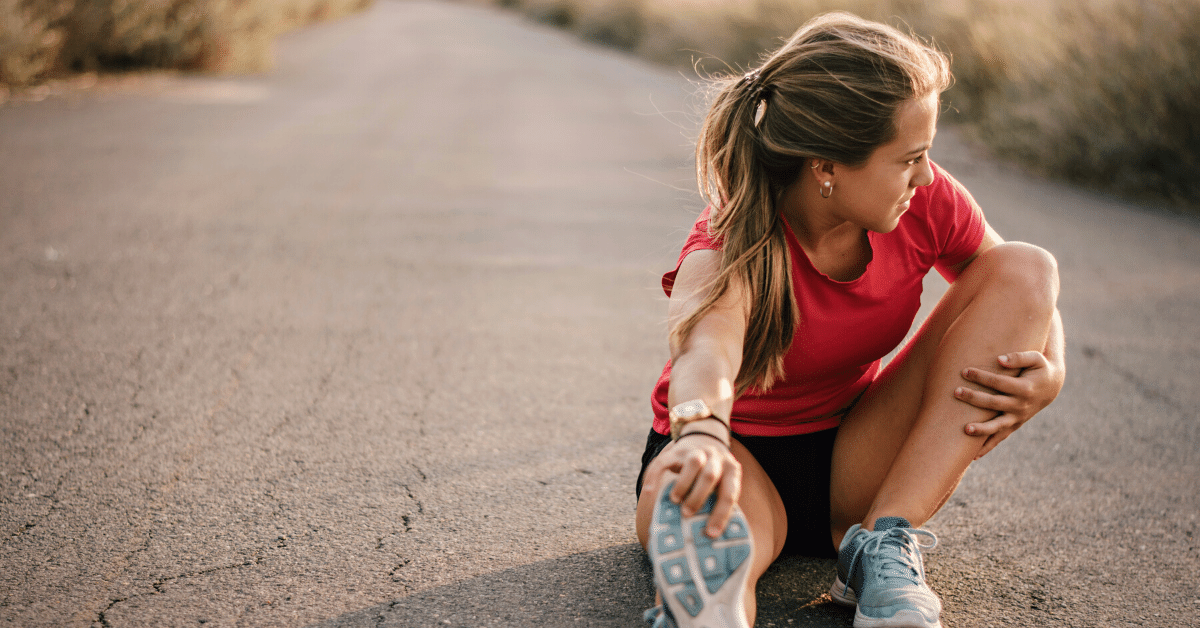
The reason caffeine has such a strong effect on your body can be that your metabolism isn’t that strong.
So naturally, by boosting your metabolism, you can give your body the much-needed energy to fight off the bad effects of drinking caffeine.
That doesn’t mean spending your days in the gym. But a few hours of any kind of workout a week should do the job.
IN A NUTSHELL
A strong metabolism handles caffeine better. Boost your health by exercising regularly, and the negative effects of caffeine won’t affect you as much.
Try Breathing Exercises
Surely every coffee lover has experienced their heart racing and high blood pressure from too much caffeine. That can be quite unpleasant, especially if you have an anxiety disorder.
One way to alleviate symptoms is to actually do breathing exercises. That should calm both your body and mind.
Now, it might sound weird, but it works. Once you feel at rest, these symptoms should be much lighter. It might not solve them completely, but it will definitely make you feel better.
IN A NUTSHELL
The best thing you can do instantly is to sit back and do breathing exercises. It won’t magically solve your problems but can ease the symptoms.
Start Drinking Decaf Coffee
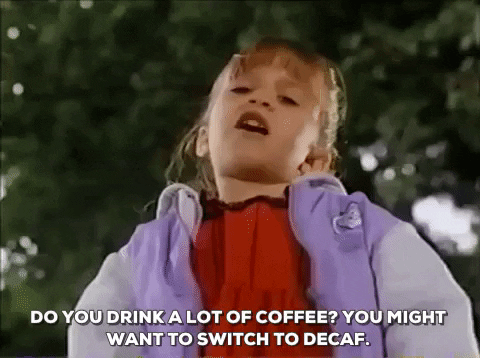
Caffeine intake can have so many bad effects on our bodies. If only there was coffee without that ingredient, am I right?
Well, if you’ve been sleeping on decaf, it’s time to wake up.
I’m sure you’ve heard many bad things about the way decaf tastes. And I’ll tell you right away – those people have been drinking the wrong coffee.
There are tons of great decaf products out there that taste just the same as the caffeinated versions. And without caffeine, they’re much healthier for you.
Just keep in mind that it’s better to slowly switch to decaf, or you might experience some unpleasant caffeine withdrawal symptoms such as migraine headaches, fatigue, and nausea.
IN A NUTSHELL
Since caffeine is responsible for making you dizzy, you can avoid that by switching to decaf.
Stop Drinking Coffee
One way to get rid of dizziness is to just go cold turkey.
Yes, that’s right. Pour the leftover coffee into the sink. That’s it for the day.
Caffeine takes several hours to get out of your system. And the more you drink, the more you’re postponing that.
So quit right now, and look forward to the first cup in the morning.
IN A NUTSHELL
The best way to stop getting dizzy from drinking coffee is to stop drinking it for the day.
In Summary About How To Get Rid Of Dizziness After Drinking Coffee
Caffeine can cause a bunch of unpleasant symptoms, including dizziness.
But there are several ways you can do to alleviate the lightheadedness.
Adding a few changes to your coffee–drinking game, like drinking more water and implementing decaf, can make wonders.
But if that doesn’t work, the solution is to simply stop sipping on it for the day.
Experiencing other symptoms, like nausea? Here’s our guide on what to do in that case.

